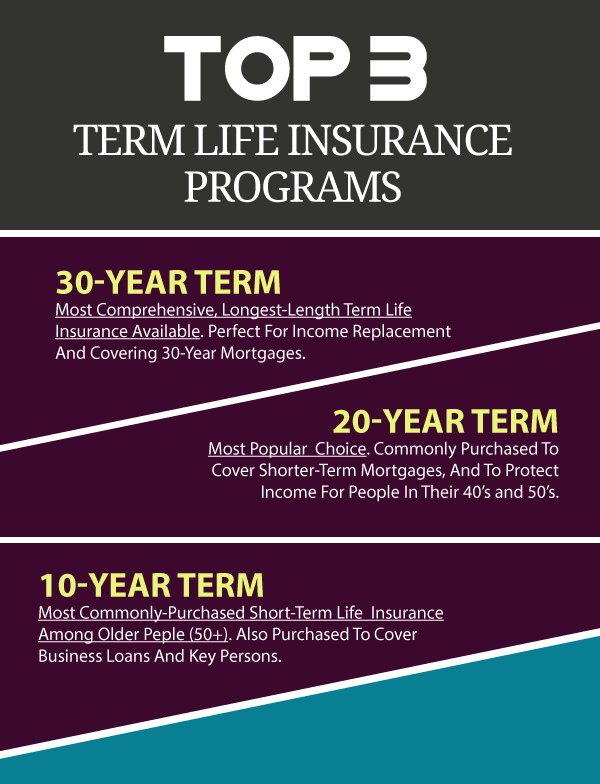Entire life and universal life insurance are both thought about long-term policies. That means they're developed to last your entire life and will not expire after a specific amount of time as long as required premiums are paid. They both have the potential to build up cash value with time that you may have the ability to borrow versus tax-free, for any factor. Since of this feature, premiums may be greater than term insurance. Entire life insurance policies have a set premium, meaning you pay the very same amount each and every year for your coverage. Similar to universal life insurance coverage, whole life has the prospective to build up money value with time, producing an amount that you may be able to obtain against.
Depending upon your policy's possible cash worth, it might be utilized to skip a superior payment, or be left alone with the potential to build up worth with time. Potential development in a universal life policy will vary based upon the specifics of your specific policy, along with other aspects. When you purchase a policy, the issuing insurance provider develops a minimum interest crediting rate as laid out in your agreement. Nevertheless, if the insurance provider's portfolio earns more than the minimum rates of interest, the company might credit the excess interest to your policy. This is why universal life policies have the possible to make more than a whole life policy some years, while in others they can make less.
Here's how: Considering that there is a cash value component, you may have the ability to avoid exceptional payments as long as the money worth is enough to cover your needed expenditures for that month Some policies may enable you to increase or decrease the death advantage to match your specific scenarios ** In most cases you might obtain against the money worth that might have accumulated in the policy The interest that you might have earned over time collects tax-deferred Entire life policies provide you a fixed level premium that won't increase, the prospective to collect cash value gradually, and a fixed survivor benefit for the life of the policy.
As an outcome, universal life insurance premiums are usually lower during periods of high interest rates than whole life insurance premiums, often for the very same quantity of protection. Another essential distinction would be how the interest is paid. While the interest paid on universal life insurance is typically adjusted monthly, interest on an entire life insurance coverage policy is usually adjusted each year. This could suggest that throughout durations of rising rate of interest, universal life insurance coverage policy holders might see their cash values increase at a fast rate compared to those in whole life insurance coverage policies. Some people may prefer the set survivor benefit, level premiums, and the capacity for development of an entire life policy.
Although whole and universal life policies have their own distinct functions and advantages, they both concentrate on offering your loved ones with the cash they'll require when you pass away. By working with a certified life insurance representative or company representative, you'll have the ability to pick the policy that best fulfills your private requirements, budget plan, and monetary goals. You can likewise get atotally free online term life quote now. * Provided necessary premium payments are prompt made. ** Boosts may be subject to extra underwriting. WEB.1468 (How does life insurance work). 05.15.

All about How Much Does Pet Insurance Cost
You do not have to guess if you need to enlist in a universal life policy because here you can discover everything about universal life insurance coverage benefits and drawbacks. It resembles getting a preview prior to you buy so you can decide if it's the right type of life insurance coverage for you. Keep reading to find out the ups and downs of how universal life premium payments, cash worth, and death benefit works. Universal life is an adjustable type of permanent life insurance coverage that allows you to make modifications to 2 primary parts of the policy: the premium and the survivor benefit, which in turn impacts the policy's money value.
Below are a few of the overall pros and cons of universal life insurance coverage. Pros Cons Designed to offer more versatility than whole life Doesn't have the ensured level premium that's offered with whole life Money worth grows at a variable interest rate, which might yield higher returns Variable rates likewise imply that the interest on the cash value might be low More opportunity to increase the policy's cash worth A policy generally needs to have a favorable money worth to remain active One of the most attractive functions of universal life insurance coverage is the capability to choose when and just how much premium you pay, as long as payments fulfill the minimum quantity required to keep the policy active and the IRS life insurance guidelines on the maximum quantity of excess premium payments you can make (What does renters insurance cover).

But with this versatility also comes some disadvantages. Let's review universal life insurance pros and cons when it concerns altering how you pay premiums. Unlike other types of long-term life policies, universal life can adjust to fit your financial requirements when your capital is up or when your budget is tight. You can: Pay higher premiums more regularly than needed Pay less premiums less frequently and even skip payments Pay premiums out-of-pocket or utilize the money value to pay premiums Paying the minimum premium, less than the target premium, or avoiding payments will adversely impact the policy's money worth.